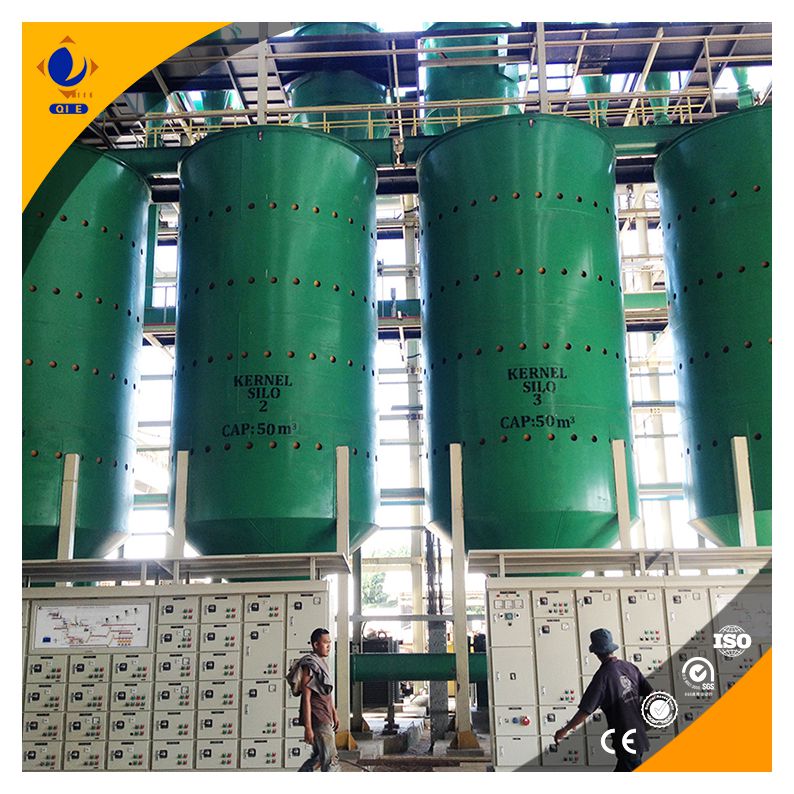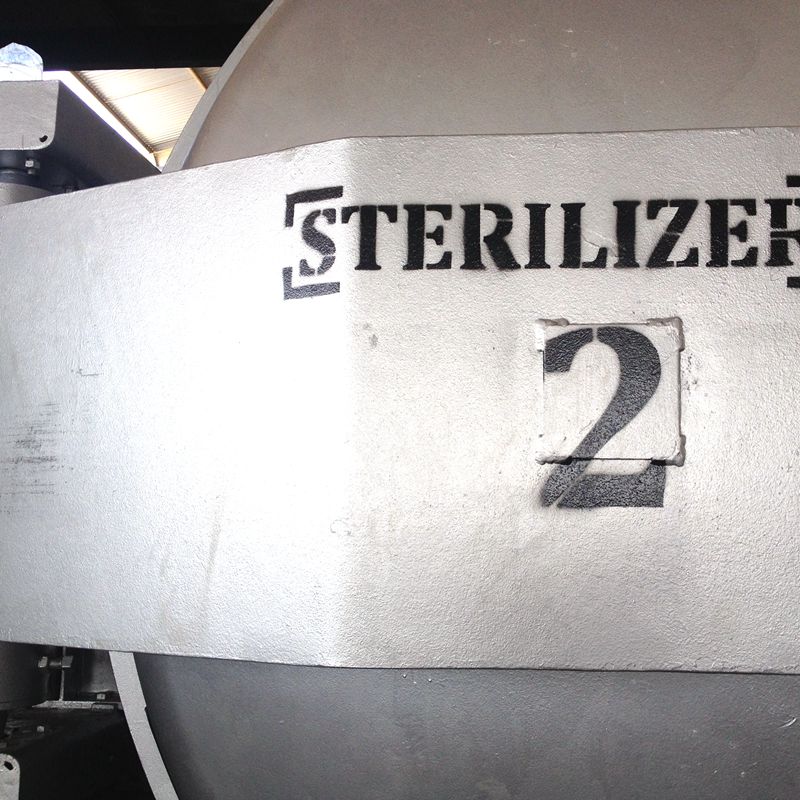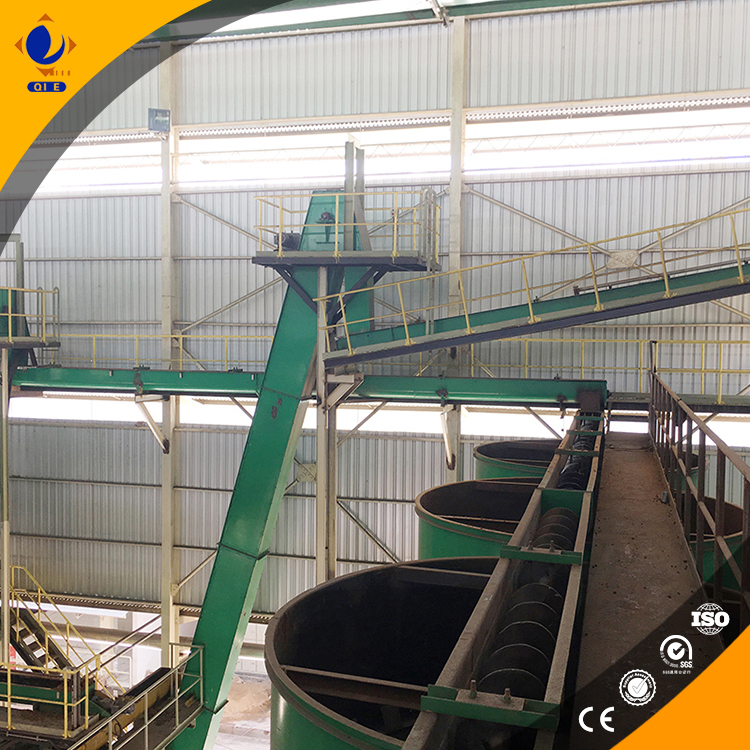
In the global market of edible oils, cold - pressed sunflower oil has emerged as a premium product, especially for export - oriented brands. This article delves into the entire production process, technological advantages, industry trends, and practical guidelines for small and medium - sized enterprises (SMEs) and boutique oil brands to create high - quality cold - pressed sunflower oil.
The production of cold - pressed sunflower oil is a meticulous process that involves several key steps: raw material screening, low - temperature crushing, gentle pressing, precise filtration, and low - temperature refining. Each step is centered around strict temperature control.
During raw material screening, only high - quality sunflower seeds are selected. The low - temperature crushing process ensures that the seeds are broken down without generating excessive heat, typically maintaining the temperature below 60°C. Gentle pressing further extracts the oil while preserving its natural properties. Precise filtration removes impurities, and low - temperature refining fine - tunes the oil's quality, all while keeping the temperature in check.

Cold - pressed technology offers significant advantages over traditional hot - pressing methods. Under conditions below 60°C, cold - pressed sunflower oil can retain its natural flavor, as well as valuable active ingredients such as vitamin E and plant sterols. Research shows that hot - pressed oils may lose up to 30% of their vitamin E content due to high - temperature processing, while cold - pressed oils can retain almost all of it.
| Oil Type | Natural Flavor Retention | Vitamin E Retention | Plant Sterol Retention |
|---|---|---|---|
| Cold - Pressed | High | Almost 100% | High |
| Hot - Pressed | Low | Up to 70% | Low |
The demand for healthy, pure, and additive - free edible oils in the high - end market is on the rise. Consumers are becoming more health - conscious and are willing to pay a premium for products that offer superior nutritional value. Cold - pressed sunflower oil, with its high - quality characteristics, has become a differentiating factor for brands in the market.
For SMEs, choosing the right equipment and setting appropriate quality control indicators are crucial. When it comes to equipment selection, spiral cold - press machines and vacuum filtration systems are recommended. These machines can effectively ensure the quality of cold - pressed sunflower oil.
Key quality control indicators include acid value, peroxide value, color, and fatty acid composition. For example, the acid value of high - quality cold - pressed sunflower oil should be below 0.6 mg KOH/g, and the peroxide value should be less than 5 meq/kg.

In addition to production technology and quality control, compliance is also an important aspect. Brands need to ensure that their product labels comply with relevant regulations, and nutritional claims should be based on scientific evidence. For export, certifications such as ISO, HACCP, and organic certifications are highly recommended.
Several successful cold - pressed sunflower oil brands have demonstrated the effectiveness of these strategies. For instance, Brand X increased its market share by 20% within a year after adopting advanced cold - pressing technology and strict quality control measures. Their experience provides valuable references for other brands.

Q: What is the main difference between cold - pressed and hot - pressed sunflower oil?
A: Cold - pressed oil is produced at a temperature below 60°C, which retains more natural flavor and nutrients, while hot - pressed oil is processed at higher temperatures, resulting in some nutrient loss.
Q: Do I need special equipment for cold - pressed sunflower oil production?
A: Yes, equipment such as spiral cold - press machines and vacuum filtration systems are recommended for better quality control.
Ready to enhance your cold - pressed sunflower oil product quality and competitiveness? Learn about advanced cold - pressing equipment solutions

